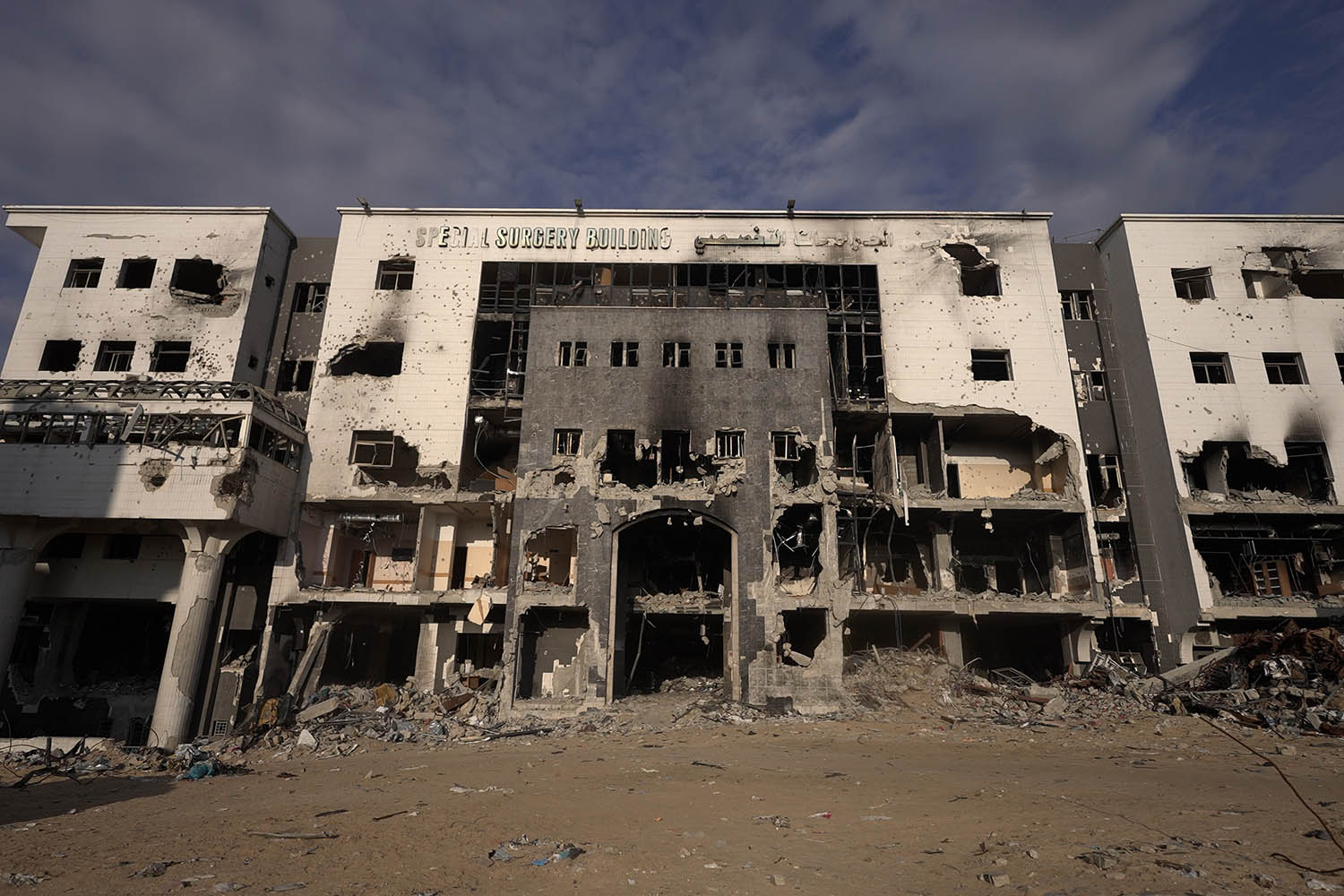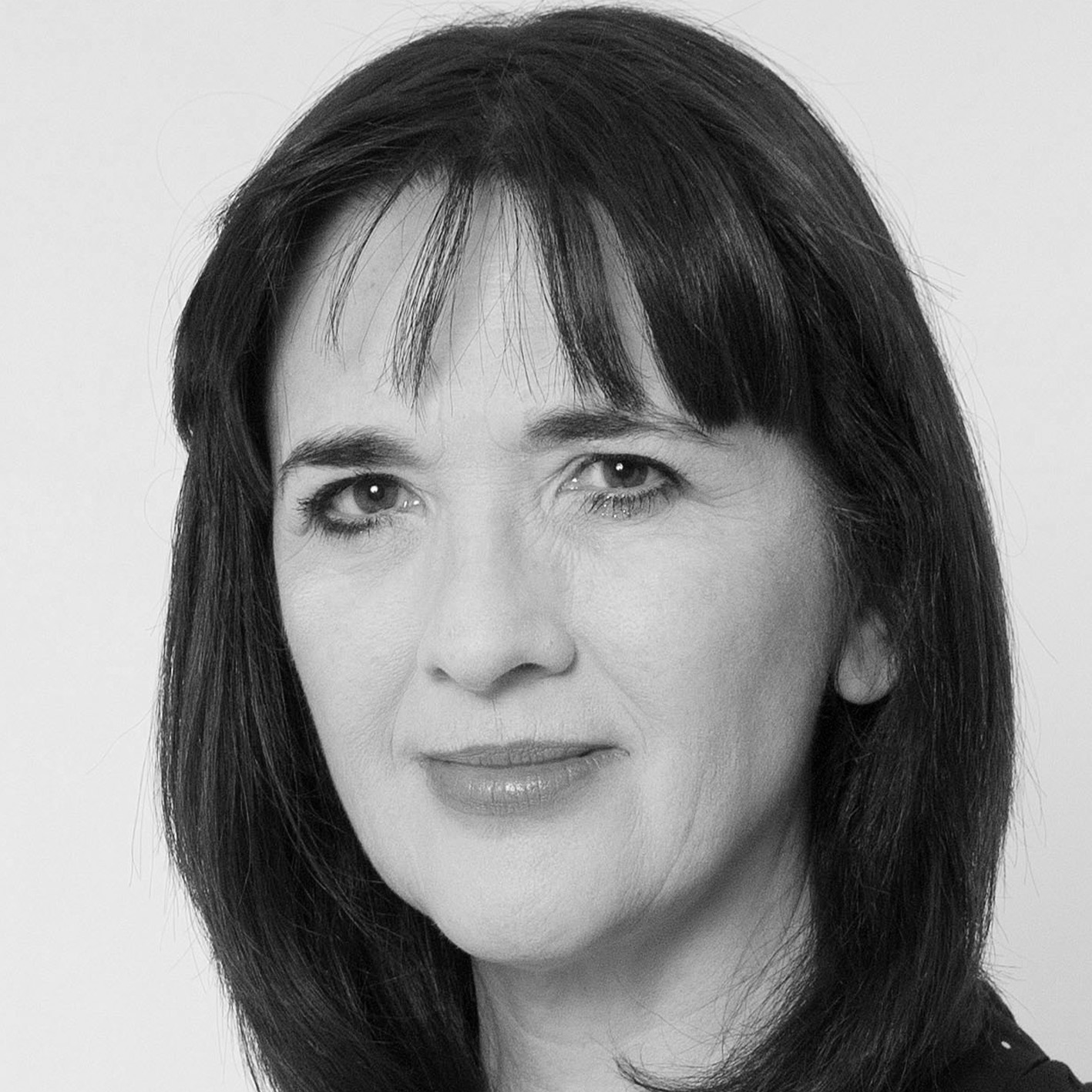A documentary investigating allegations that the Israeli military is breaching international law by targeting hospitals in Gaza was always going to be controversial. But Gaza: Doctors Under Attack (Channel 4) was generating headlines before it was even shown. The programme, produced by Basement Films, was first commissioned by the BBC – but delayed, then dropped, because of what the corporation termed “a perception of partiality”.
This decision came after the BBC’s investigation into a previous documentary, Gaza: How to Survive a Warzone, which was broadcast then withdrawn when it emerged that its 13-year-old narrator, Abdullah, was the son of Ayman al-Yazouri, the deputy agriculture minister in Gaza’s Hamas-run government. The BBC, under pressure from its own staff, is routinely accused of bias by both sides. Another BBC controversy concerned the recent Glastonbury festival, when Bob Vylan exhorted audience members at the West Holts stage to chant “Death, death to the IDF”, a moment that was streamed live on BBC iPlayer.
Gaza: Doctors Under Attack is gruelling to watch. We see screaming, bloodied, dust-covered children on stretchers; darkened operating theatres, collapsed ceilings, dangling power lines; what was once a maternity ward smashed into jagged shards.
Hospitals are protected under international law, but, here, investigative reporter Ramita Navai suggests that they are being targeted: bombed, raided, rendered non-functional, in a systemic attempt to destroy Gaza’s health system. Featured hospitals include Nasser hospital and al-Shifa hospital, the latter once the largest hospital in the region and now closed. Israel denies breaking international law, saying that Hamas uses hospitals as command centres and tunnel complexes, with terrorists posing as medics, as part of its military strategy.
The documentary explores claims that medics are targeted at their homes, and that they are detained, tortured, raped and “disappeared” in locations including prisons and interrogation centres. One doctor, Adnan al-Bursh, died in captivity. A paediatrician, who was detained for 45 days, describes having a fingernail pulled out, and being thrown a toilet brush and told to brush his teeth with it. Interviewees include an Israeli whistleblower, who chillingly suggests there isn’t a need for an Israeli cover-up because “you can do whatever you want when it comes to Gazans”.
We see screaming, bloodied, dust-covered children on stretchers; darkened operating theatres, collapsed ceilings, dangling power lines
We see screaming, bloodied, dust-covered children on stretchers; darkened operating theatres, collapsed ceilings, dangling power lines
As the controversy around Gaza: Doctors Under Attack revolves around partiality, it’s interesting to note that as a piece of reporting, it is even-handed, diligently exposing all the facts even when they risk undermining its thesis. It is noted that some targeted medics have praised 7 October online or have family links to Hamas; that freed Israeli hostages have said they were kept at Nasser hospital. The documentary also reminds viewers that Hamas military chief Mohammed Sinwar was killed in a bunker under the European hospital in Khan Yunis in May.
Still, it’s an uneven work: perhaps overzealous in trying to encompass too many areas (though allowances should be made for the impossible conditions in the region). Should the documentary have been shelved for reasons of partiality? Not on this showing. Some controversies are fated to rumble on. Here, as always, it’s the images that linger most powerfully: few things are more confronting and devastating than the sight of a child, dead or wounded in rubble.
The Handmaid’s Tale (Channel 4) is coming to a close. This week saw the penultimate episode of the dystopian drama based, ever more loosely, on Margaret Atwood’s 1985 novel. So, where’s the conversation – the sense that we’re marking the end of a televisual era – as there was with, say, Succession?
When The Handmaid’s Tale first appeared in 2017, it was groundbreaking: Atwood’s parable of fertility rates in freefall, authoritarianism in the US, and the return of a vicious patriarchy was brought to life at a moment of acute cultural anxiety over the election of Donald Trump. Within the world of the series, the regressive, religious state of Gilead exploited its fertile “handmaids”, including the rebellious June Osborne (Elisabeth Moss), forcing them to participate in procreative sexual “ceremonies” with married men, while their wives watched on. At real-world feminist protests against the curtailing of women’s reproductive rights, activists sported the show’s signature red and white handmaid costumes.
But as the real world grew increasingly Gilead adjacent, the storyline of the series extended beyond the scope of Atwood’s novel, and the show looked increasingly weary and ordinary as a result. The wicked splendour of Gilead was sidelined for endless sequences showing June traipsing about in woodland, plotting to escape, or return. (Who could keep track?) After some particularly gruesome scenes, the show was accused of indulging in gratuitous “torture porn”. Plotlines collapsed into tradwife panto. Moss’s signature June of Arc glaring morphed from powerful to deranged to full-on meme.
Newsletters
Choose the newsletters you want to receive
View more
For information about how The Observer protects your data, read our Privacy Policy
Until something shifted – or should I say shifted back. The iconography of Gilead was placed back at the centre, where it belonged. Characters reclaimed their light and shade. Plots once more became taut and deadly as piano wire. In the show’s penultimate episode, the key players are back in Gilead: June and her handmaids marching, scarlet capes billowing, to an ironic burst of Taylor Swift’s Look What You Made Do, the Commanders panicked and swarming. Of the rest, I can’t say much, but there’s the grisly theatre of a public execution and a brilliantly wrought ending, so poetic, tender and brutal you wonder how the finale could possibly top it.
It’s frustrating to think that not many people will see this; that too many viewers were turned off by the churn of previous series. Still, The Handmaid’s Tale began as an important show. Praise be, it’s going out on a high.
For those who like their comedy hot, sweet and bleak, there’s the welcome second series of Such Brave Girls (BBC Three). Creators, writers and sisters Kat Sadler and Lizzie Davidson star as sisters: Josie (Sadler) has acute mental health problems; Billie (Davidson) is shamelessly out for what she can get, even if it is with married men. Mum Deb (Louise Brealey) just wants to marry a man – any man – who will pay the mortgage.
This is a bin fire of familial dysfunction: lost teeth, climbing debt, wedding bells, terrible men, worse chat-up lines (“I bet you’re wondering – what’s crypto?”), princess dresses, delusion, manipulation and visits to psychiatric units: “Do you have suicidal thoughts?” “Are you telling me some people don’t?” This is comedy so dark you need a candle and a crucifix. Enjoy.
Photograph by Channel 4/Basement Films

